Peanuts belong to the legume family and were first found around 7500 years ago in the South American country of Peru. In the modern world, China and India are the leading peanut producers internationally but Senegal, the USA, Sudan, and Brazil are the leading peanut exporters of the world due to low local consumption in these nations. Whereas the major importers of peanuts are Japan, Europe, and Canada.
Indian peanuts are consumed in over 50 countries. Indian peanuts are the only source that is available all around the year. Crops are planted in two cycles and harvested in March and October. There are several other inter-cropping cycles that make Indian peanut a prime source of supply.
We source from the green belt of peanut production to avoid aflatoxin sources. While processing we do not spray water and refrain from touching the product. We believe that choosing the best raw materials significantly reduces the stress on the process or machine to produce the best quality.
Recent quality drives in the Indian peanut industry by APEDA have started resulting in good practices in food safety & the control of aflatoxin. The quality of our product is checked by an External quality controller and the salesperson to meet our internal standards of specifications.
- 20% random sampling is done to ensure coverage.
- Aflatoxin is tested by HPLC method in-house.
- The sacks that are checked are sealed as “Checked” to ensure traceability.
- We make sure the product is at least 99.50% clean before we send them for shipments.
- Apart from product quality, we also focus on the right packaging solutions based on transit time.
Groundnut/ Peanuts Varieties
There are several Indian peanut varieties, including Java, Bold, TJ, Java Long, G20, K6, Mathadi, J24, and Western 44. Customers often buy the Java (white round shape) for hand-to-mouth consumption while the peanut butter factories choose boldly & Tj depending on the process.
depending on the seeding type, peanuts grow between 90 and 120 days. Each seed variety has varying oil content, shelf life & freshness.
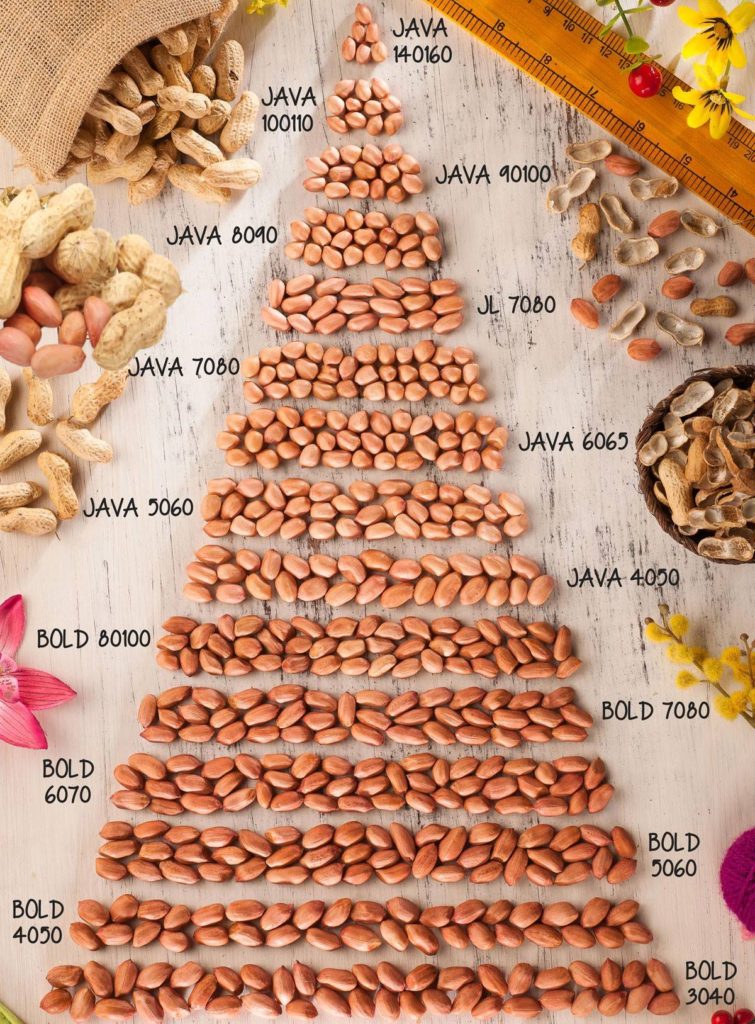
Specifications of the product we offer:
We export various varieties of peanuts including bold peanuts, java peanuts, blanched bold peanuts, blanched java peanuts, peanuts in shell bold, peanuts splits, and peanuts shell java.
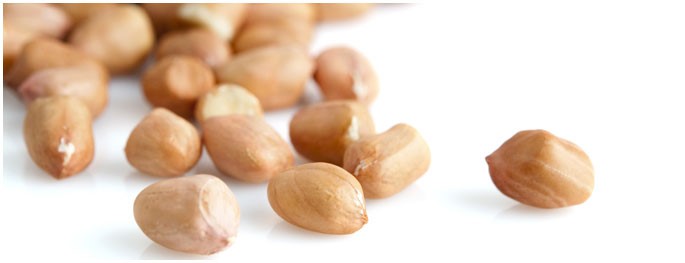
Java
- Place of Origin: India
- Moisture: 6% Maximum
- Admixture (Maximum) 1% Maximum
- Count Per Ounce:70/80, 80/90
- Imperfect: 5% Maximum
- Afflotoxin:B1 + B2 + G1 + G2
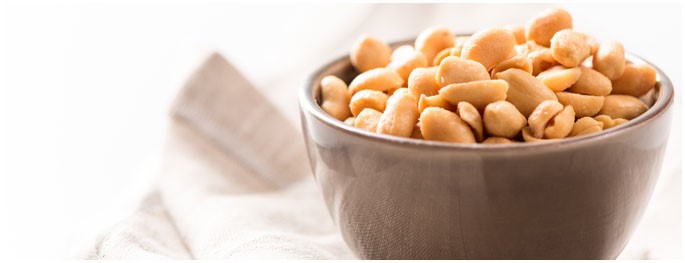
Java- Long
- Place of Origin: India
- Moisture: 6% Maximum
- Admixture (Maximum) 1% Maximum
- Count Per Ounce:40/50, 45/55, 60/70, 70/80, 80/90, 100/120
- Imperfect: 5% Maximum
- Afflotoxin:B1 + B2 + G1 + G2
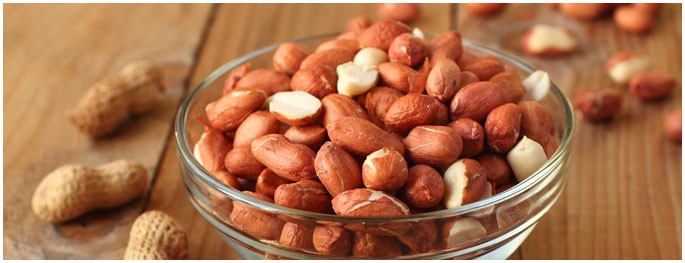
Bold
- Place of Origin: India
- Moisture: 6% Maximum
- Admixture (Maximum) 1% Maximum
- Count Per Ounce:35/40, 38/42, 40/45, 45/50, 45/55, 60/70, 70/80
- Imperfect: 5% Maximum
- Afflotoxin:B1 + B2 + G1 + G2
Groundnuts Packing Options we offer:
We pack groundnuts for exports according to customer needs, however below are the packaging solutions we offer:
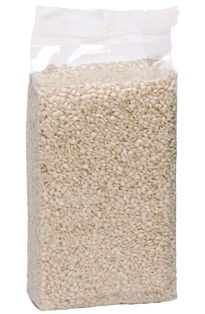
- Packing Size: 25 KG
- Packing Size: 50 KG
Vacuum packing bags can be custom printed if needed.
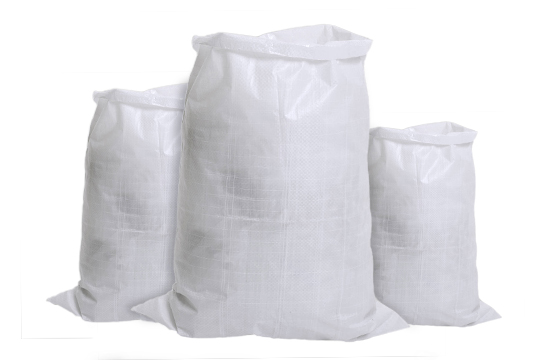
- Packing Size: 500/1000 KG (Super Pack)
- Packing Size: 50 KG (PP Bag)
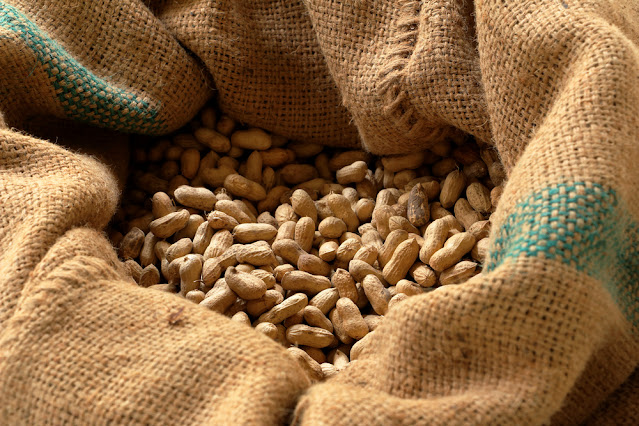
- Packing Size: 80-100 KG (Jute Bags)
- Pacing Size: 25 KG (Carton Boxes)
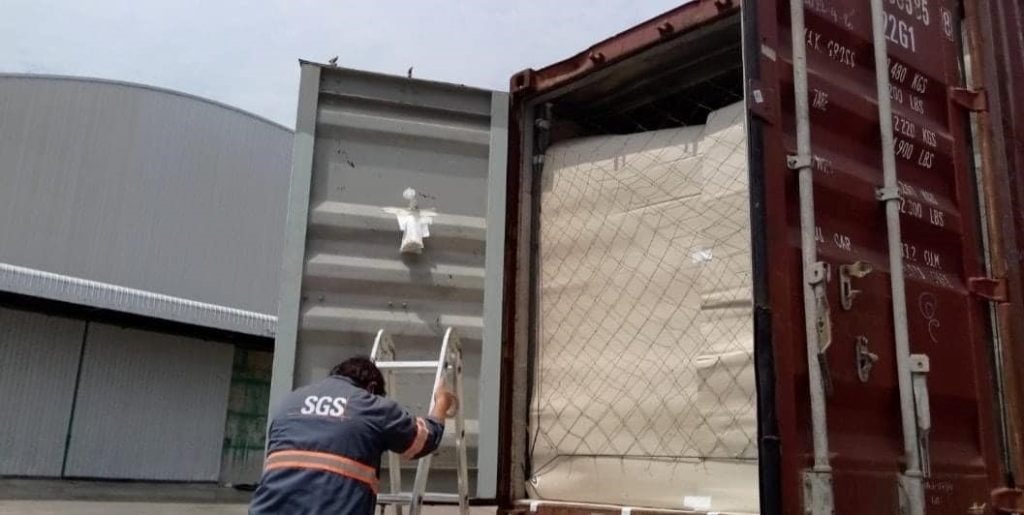
Quality Assurance
Depending on terms and conditions for the quality of Groundnuts/ Peanuts, we provide third-party inspection quality & Loading certificates from SGS, RBS, Cotecna, or any other desired agency upon request of clients to ensure quality and quantity.